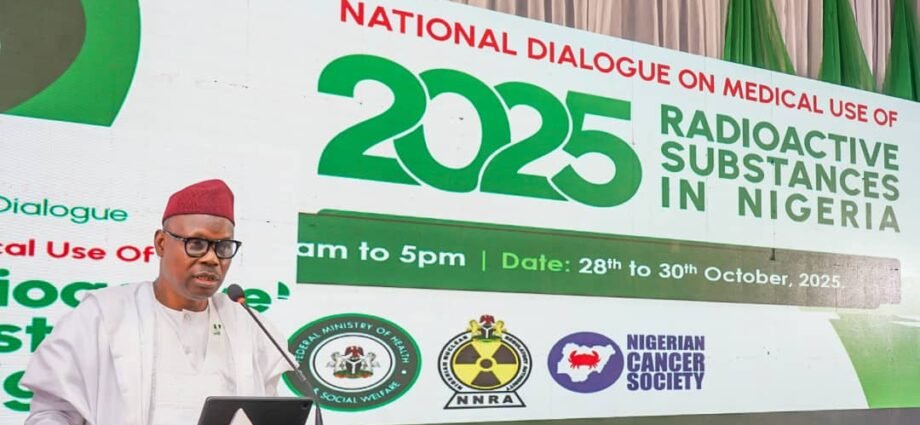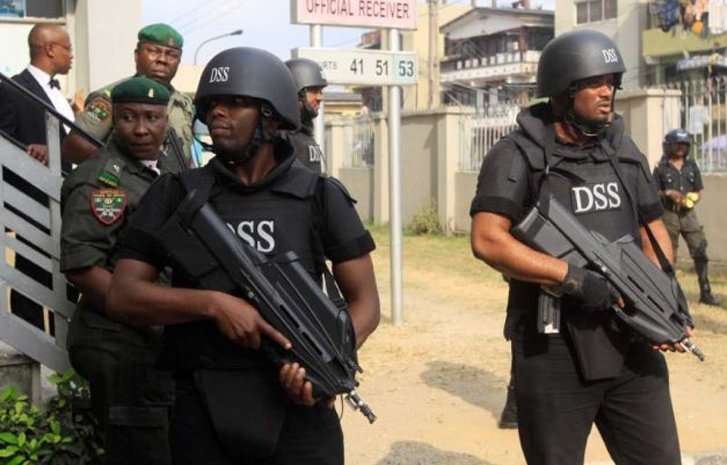
Minister of State for Health and Social Welfare, Dr. Iziaq Salako
ABUJA, Nigeria – The Federal Government has directed the Nigerian Nuclear Regulatory Authority (NNRA) to step up enforcement of safety standards governing the use of ionising radiation in hospitals and other sectors, warning that weak oversight poses serious risks to public health and national security.
Minister of State for Health and Social Welfare, Dr. Iziaq Salako, issued the directive in Abuja on Wednesday during the National Oncology Symposium themed “Medical Use of Radioactive Substances in Nigeria.”
Salako said the NNRA must be more assertive in its regulatory role, especially as cancer treatment and diagnostic imaging facilities continue to expand nationwide.
“The NNRA must act like the police of the radioactive sector,” he said. “If I am learning for the first time that only three out of 15 institutions have proper licensing, it means we are not speaking loud enough. Regulation must be firm to protect lives.”
The minister expressed concern over the low compliance with radiation safety standards, even among federal health institutions, stressing that funding constraints cannot justify inadequate oversight.
While acknowledging ongoing reforms, Salako warned that improper handling of radiation can lead to cancer, cataracts, infertility, birth defects and security threats if radioactive materials fall into the wrong hands.
He revealed that a recent International Atomic Energy Agency (IAEA) assessment highlighted gaps in Nigeria’s regulatory framework, including the absence of Diagnostic Reference Levels (DRLs) that ensure safe exposure levels in medical imaging.
Salako directed the National Nuclear Medicine Technical Working Group to work with NNRA to develop and adopt DRLs urgently and ordered immediate compliance enforcement across public and private facilities.
He also noted that under President Bola Tinubu’s administration, Nigeria is implementing a five-year plan to establish or upgrade six cancer centres of excellence annually, with the goal of ensuring one functional cancer centre per state by 2031.
The initiative is part of the Health Sector Renewal Investment Programme, which aims to reduce medical tourism costing Nigeria around $1 billion annually—40% spent on cancer treatment abroad.
Director-General of NNRA, Prof. Idris Yau, said the agency had already sanctioned and shut down non-compliant centres and evacuated unsafe radioactive materials to the Temporary Radioactive Waste Management Facility in Zaria.
President of the Nigerian Cancer Society, Prof. Abidemi Omonisi, warned that the high cost of anti-cancer drugs and bureaucratic supply hurdles are worsening treatment access.
“Many cancer patients are now unable to afford medicines and are resorting to prayer houses and herbal remedies,” he said, adding that access to the National Cancer Health Fund has become extremely difficult.




